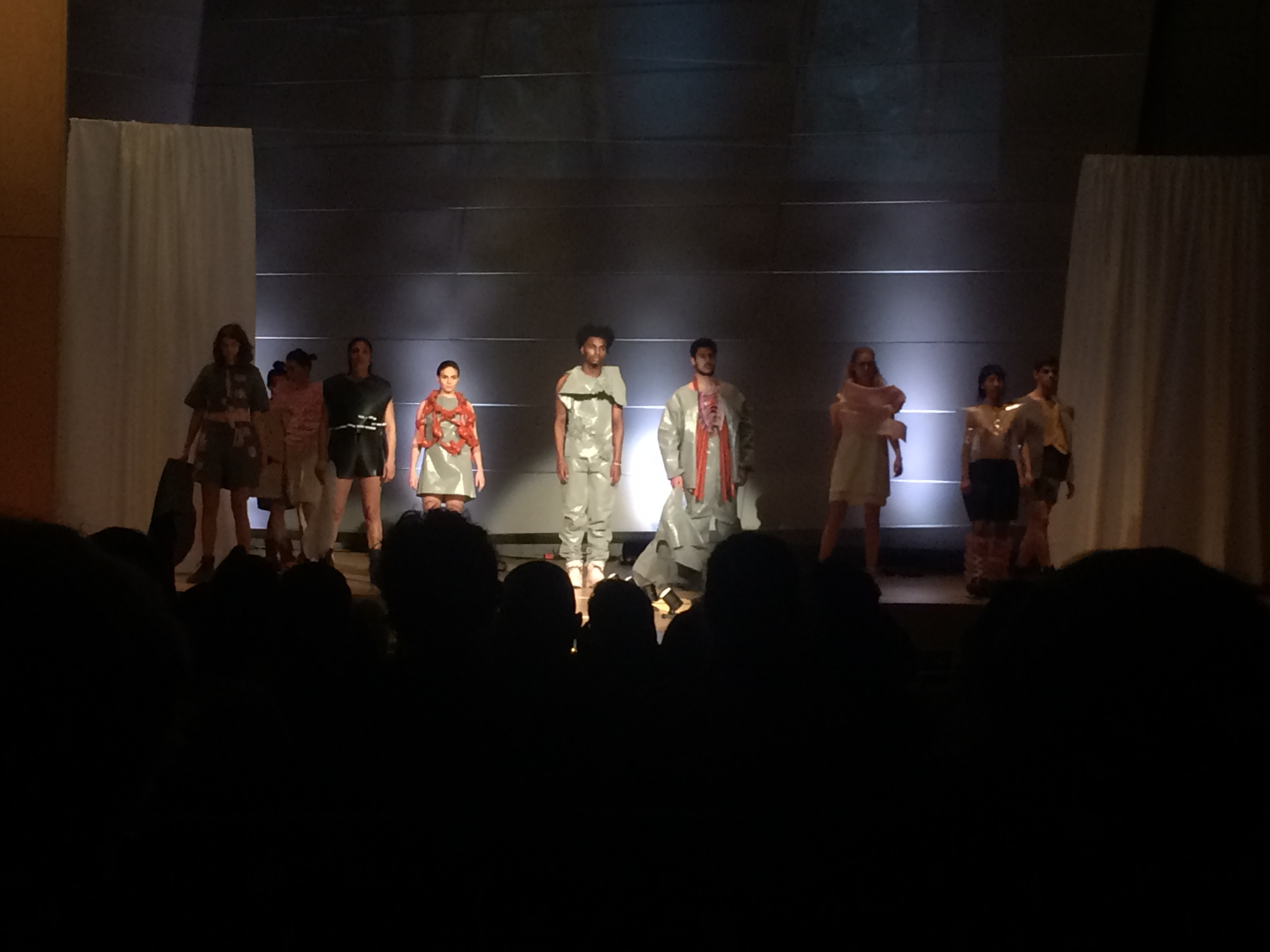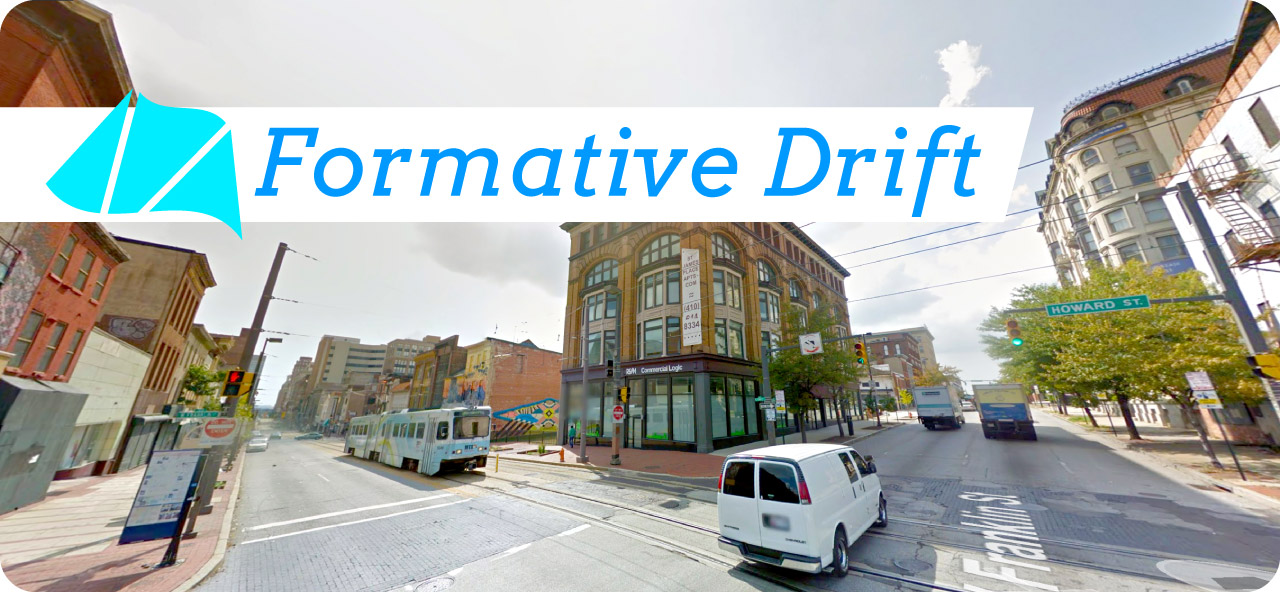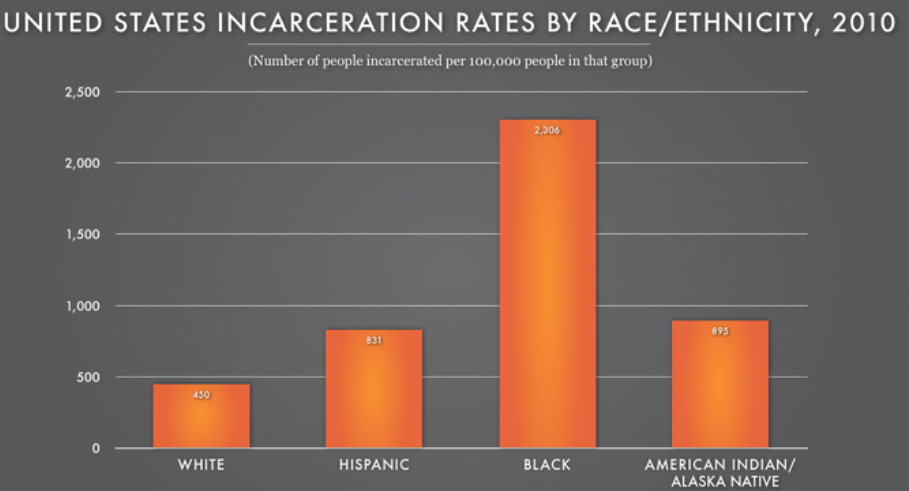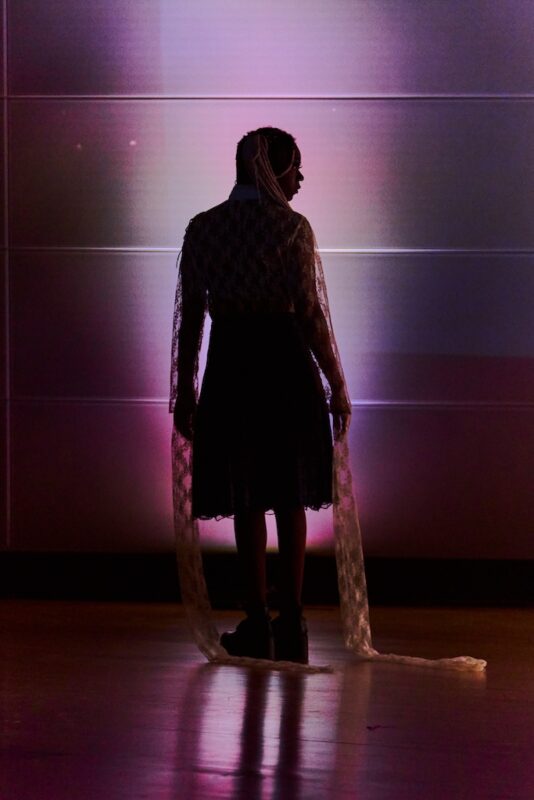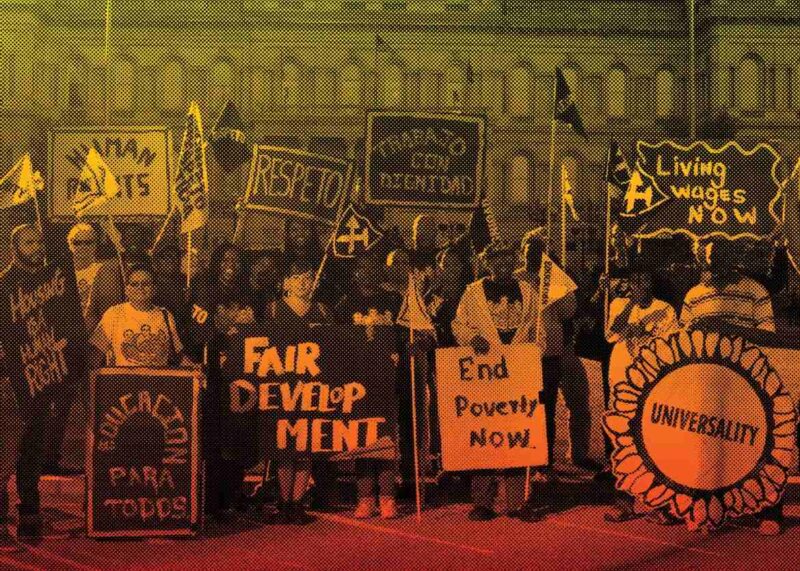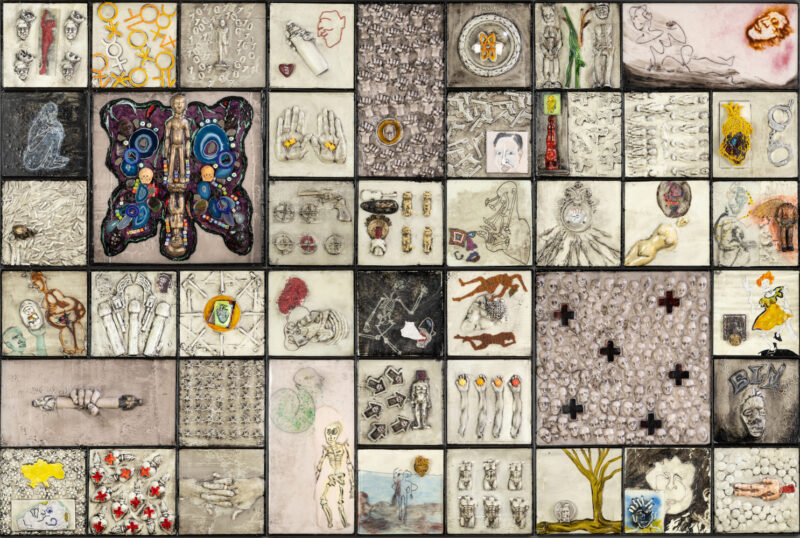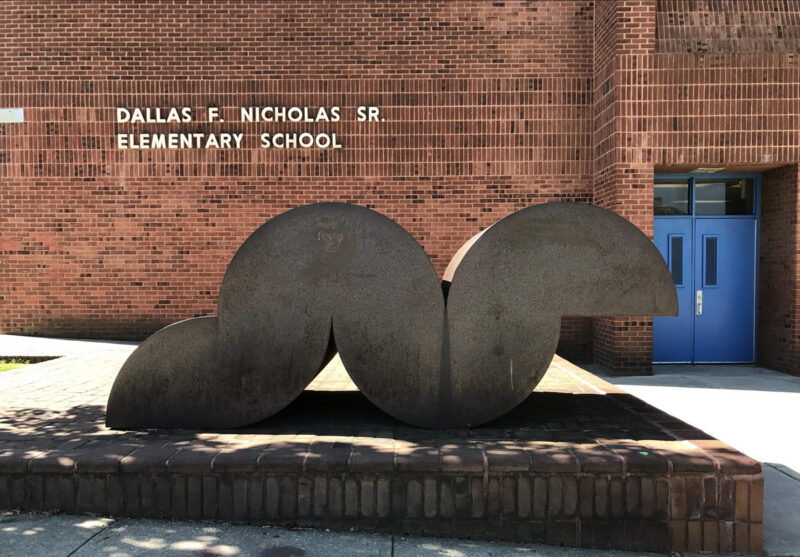One factoid that stands out: In eight Baltimore neighborhoods the life expectancy is lower than that of Syria.
Here’s another from the Washington Post: There are 15 Baltimore neighborhoods with life expectancy lower than North Korea.
If you live in Roland Park, you are likely live to the age of 84, well above the U.S. average of 79. A Seton Hill baby, on the other hand, can expect to die 19 years earlier at the age of 65. That’s 14 years below the U.S. average.
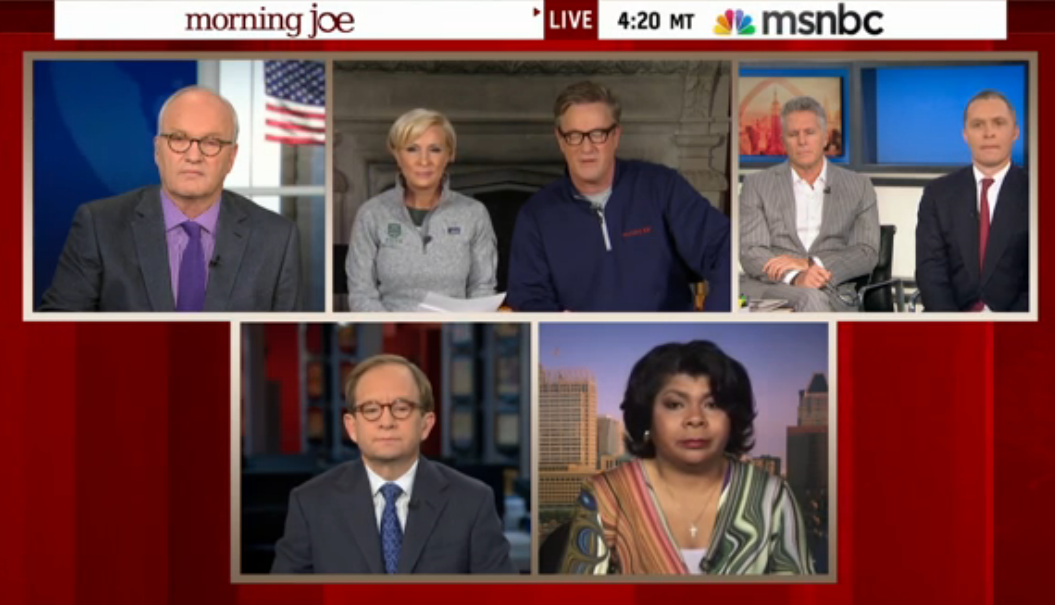
Because I don’t know what else to do, I am listening to a group of white people and one African-American woman from Baltimore on MSNBC struggling to discuss the problems that have led to the Freddy Gray tragedy. I am hearing a lot about poverty in Baltimore, and the need for investment in “these communities.” They’re talking about a lack of government policy or even discussion in Washington, about Middle class entitlements, taxes, police brutality, and a lot about how children in Baltimore from “these communities” don’t know their fathers. I can tell they’re really trying to have a productive conversation around the riveting events unfolding here in Baltimore, and it’s important to focus on the root causes, which are complicated, but they’re talking around the problem. They’re missing the point.
As they repeatedly stress the breakdown of the family in the poorer areas of Baltimore, and a majority of children who don’t know their fathers, I want to shake them and say, ‘Don’t you know why there are so few fathers?’ The insinuation is that the family breakdown is a natural byproduct of poverty. But this is not true. Where are their fathers?
Since 2001, one in six black men in this country have gone to jail. If current trends continue, black males born today can expect that one in three will serve time. This is where the dads (and lots of the moms) are! They are serving high mandatory minimum sentences for non-violent crimes. (I cannot stress enough how insane these statistics are.) This city, state, and country needs to change this immediately. As voters, we need to change these policies in Baltimore and in Maryland. It is clear that prison is not the best place for these individuals – for their families, for communities, and for our city.
Proliferation by Paul Rucker
The US spends 74 billion a year on mass incarceration. Who benefits from this? Whose money is being spent? Why do we have high minimum sentences for non-violent crimes? If crime has significantly decreased in the past few decades, why are we imprisoning more people than ever before?
Three Words: War on Drugs.
The War on Drugs, started in the 1980’s, created a situation where a police officer can arrest someone for being poor. Or for no reason. It has created mass incarcerations, prisons as for-profit entities, life terms for non-violent crimes, and it is a main cause for the breakdown of families in poor communities. Without ‘tough on crime’ zero-tolerance legal policies, the communities in the most need could employ one of their most valuable resources towards improvement: it’s young people.
After human beings are released from prison, many have no voting rights and all find it nearly impossible to find employment. A lot end up back in jail. Who does this system benefit?
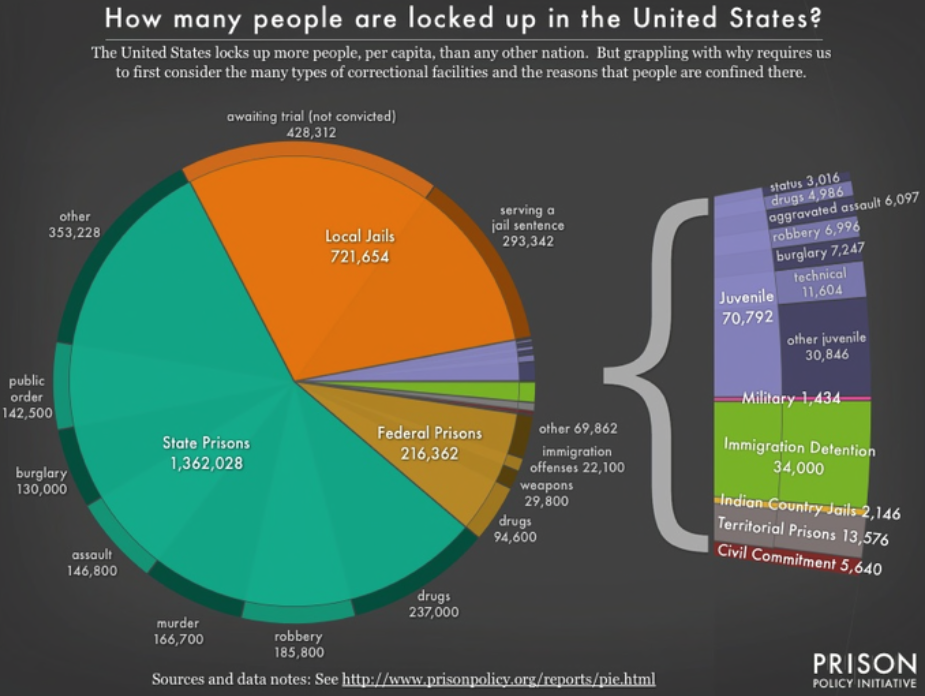
Did you know that the US Census Bureau counts more than two million incarcerated people as legal citizens in voting districts even though they can’t vote? These numbers of bodies, with prisons often located in ‘red’ voting districts, are used to dilute the votes cast by everyone who doesn’t live next to a large prison. These prisoners actually have a huge impact on the political process even though they are not allowed to vote. Why are so many poor, rural districts building prisons? In this country, jail is seen as a viable industry, a source for job creation.
I know I am veering completely from the arts today, but I can’t get my mind off of this problem. In Baltimore, we need to focus our energy on a simple, productive solution. We need a first step. There are so many problems to solve – police brutality, poverty, unequal treatment under the law, health care, a lack of education and healthy food – as we begin to improve the city of Baltimore and so many inequities to fix, but it’s essential that we come together and start with the root cause.
Which problem, once solved, will alleviate many of the others and allow communities to start solving their own problems in creative ways?
If we can end over-criminalization and mass incarceration through a repeal of the War on Drugs, the US’s excessive and unequal use of punishment and institutional control, we can stop undermining our communities. If we as voters can bring this about, even on a local level, we will see wasteful arrests decrease, a decrease in police brutality, and more tax funding doing towards schools AND police. We can make drug prevention and treatment programs a priority.
Maybe it seems too simplistic to you, but I think successful movements have a strong, clear message. If we end the War on Drugs in Baltimore and the State of Maryland, it’s a first step in correcting a whole host of other inequities. If we end the War on Drugs, this city has a chance to become what no other US city has managed to be: safe and fair for all its residents.
What can we do?
1. Get Educated. The DRUG POLICY ALLIANCE is an organization with lots of information, resources and easy action steps on contacting congress-people.
2. LAW ENFORCEMENT AGAINST PROHIBITION is an inspired group of former and current police officers, judges and prison guards who are calling for legalization of all drugs to save lives.
3. MARIJUANA MAJORITY while focused solely on marijuana is a great coalition of famous names who are joining forces to help spread the word that indeed 72 percent of the nation already agrees “no jail time for marijuana.” It isn’t called ‘the gateway drug’ for nothing. If you want to support alternatives to marijuana that are safe and derived from plants with similar chemical compositions, consider CBD (cannabidiol), a cannabinoid that has shown promise for everything from pain to anxiety and depression.
4. If you want information about individual initiates in different states across the country, go to STOP THE DRUG WAR and sign petitions.
5. Support THE INNOCENCE PROJECT, a national litigation and public policy organization dedicated to exonerating wrongfully convicted people through DNA testing and reforming the criminal justice system to prevent future injustice.
5. Pay attention to the PRISON POLICY INITIATIVE, a non-profit, non-partisan Prison Policy Initiative documents the impact of mass incarceration on individuals, communities, and the national welfare
6. Educate yourself. PRISONERS OF THE CENSUS provides maps tracking the proliferation of prisons.
We are at a crossroads in Baltimore and there is a palpable sense that progress is being made. For once, the police are “unhappy” with the decision by the state prosecutor instead of the majority of citizens. Communities which once seemed defeated are coming alive and coming together in peaceful protest and calls for action. Baltimore also saw a significant rise in shootings and killings in the past week, so it is clear that our need for the police to serve and protect the innocent citizens of this city is crucial.
How can we get police to focus on actual crimes, rather than arresting people for being poor? Repeal the drug war. How can we get significant numbers of fathers, mothers, daughters, and sons of low income communities involved? Return the right to vote to felons after their time is served. Make sentences for non-violent crimes FAIR: either a fine or community service, and then provide mentors city-wide to those in need. Let’s make it difficult for judges to put non-violent offenders in prison, rather than the opposite. Let’s stop electing officials who are “tough on crime.” When serving your annual jury duty in Baltimore, refuse to convict non-violent drug offenders. We need to turn back from the increasingly violent, increasingly militarized police state we have created and give the police the support and legal boundaries they need to do their jobs well.
This isn’t a new idea. Former Baltimore Mayor Kurt Schmoke proposed it in 1988. According to the New York Times, “Mr. Schmoke told a House committee that the United States had tried vigorously for 75 years to rid itself of what he described as the reality that drug prohibition increases crime but does not prevent addiction.” This means that seventeen years ago the three-time mayor of Baltimore who focused on housing, education, public health and economic development also advocated for ”a measured and carefully implemented program of drug decriminalization,” similar to the repeal of Prohibition. Schmoke’s proposal would have made marijuana legal; heroin and cocaine would be dispensed by doctors to adults who were certified addicts, and an expert medical panel would be created to study other illegal drugs, including crack.
Despite degrees from Yale and Harvard and a successful career as mayor with national awards for literacy and housing programs, no one took this proposal seriously. The War on Drugs was in full swing and both liberal and conservative politicians rode this wave of “tough on crime” policy as far as it would go.
We are now reaping the benefits of these policies.
Now that the curfew is lifted in Baltimore, Governor Hogan and other politicians are saying the city is “safe” now, although it will take some time for things to go “totally back to normal.”
We now know that Baltimore wasn’t safe for all its residents and Freddie Gray’s death is proof of this. If our city’s economy is based on the illusion of safety for some, but not all, I don’t want Baltimore to go back to the way that it was before. The last thing we need is for it to go “back to normal” because it will lead us right back to the same place.
There is momentum and energy towards a better future in Baltimore. Moving forward, this city needs a plan.
Author Cara Ober is Editor at BmoreArt.
